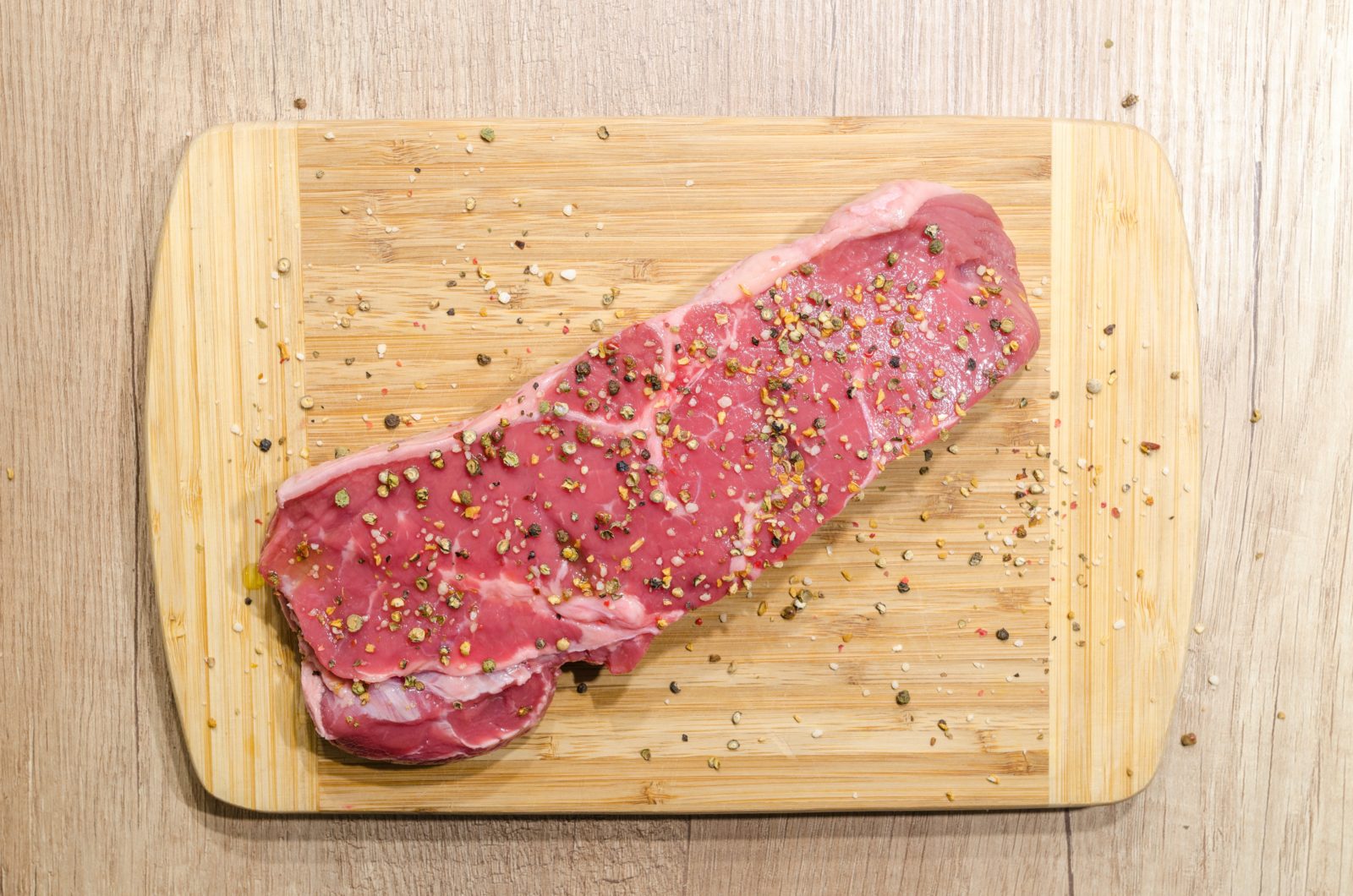The prices of food items in Czech grocery stores have finally taken a more favorable turn, offering consumers a pleasant sight compared to just a few months ago. Not only have seasonal fruits and vegetables become cheaper, but also a wide range of other essential food products. Economists attribute this trend primarily to a decrease in production costs. Additionally, Czech consumers have become more financially conscious, carefully scrutinizing prices before purchasing.
For example, the average price of boneless beef per kilogram decreased from 285 korunas at the beginning of the year to 264 korunas in April, according to the latest data from the Czech Statistical Office. Similarly, the price of chicken dropped by a few korunas, reaching 79 korunas per kilogram in April. Eggs also experienced a price decrease from 5.70 korunas per piece at the start of the year to an average of 4.30 korunas in April. Zlata Vašíčková from the Kupi.cz portal mentioned that eggs could be found for around three korunas in May’s leaflets.
Moreover, butter prices have significantly decreased, with promotional prices going as low as 30 korunas compared to over 50 korunas during autumn. This downward trend in prices extends to other food items as well. Cucumbers, for instance, are being advertised below eight korunas in leaflets, a price level last seen in 2021. Other fruits and vegetables, including apples, kiwis, spring onions, and zucchini, have also experienced a decrease in prices compared to the previous year.
According to agricultural analyst Petr Havel, decreasing prices are expected to continue. He anticipates a slight reduction in the costs of bakery and dairy products as input agricultural commodities such as grains, oilseeds, and milk have become more affordable. As noted by Havel, the decrease in costs across the farmer-food manufacturer-trader vertical is identified as the fundamental reason for the stabilization or decline in retail food prices.
The Office for the Protection of Economic Competition recently examined price developments in the food market. The investigation encompassed five essential commodities: milk, butter, eggs, flour, and chicken meat. The results indicated that most of the consumer price goes to primary producers. While the investigation did not assess the reasonableness of the margin on eggs, it found that producers, processors, and retailers passed on their increased costs to customers.
It’s worth noting that Minister of Agriculture Zdeněk Nekula’s pressure to investigate prices at different levels of the supply chain may have played a role in the overall price decrease. However, economists emphasize that if production costs had not decreased, such investigations and media activities would have had a limited impact on prices.
The Office for the Protection of Economic Competition did not examine the margins for certain products like apples or potatoes, where retailers have been known to mark up prices by over one hundred percent. Nonetheless, the Confederation of Commerce and Tourism called Minister Nekula to apologize for accusing retailers of increasing costs. Minister Nekula, however, rejected the request for an apology and expressed his appreciation for the functioning of the food market in the Czech Republic, especially in light of the recent price decreases.





